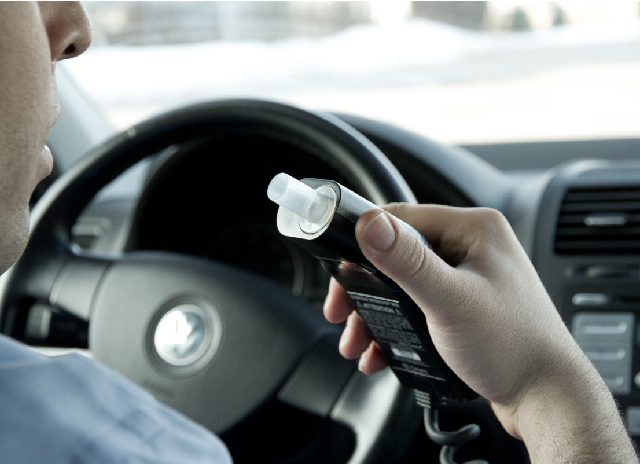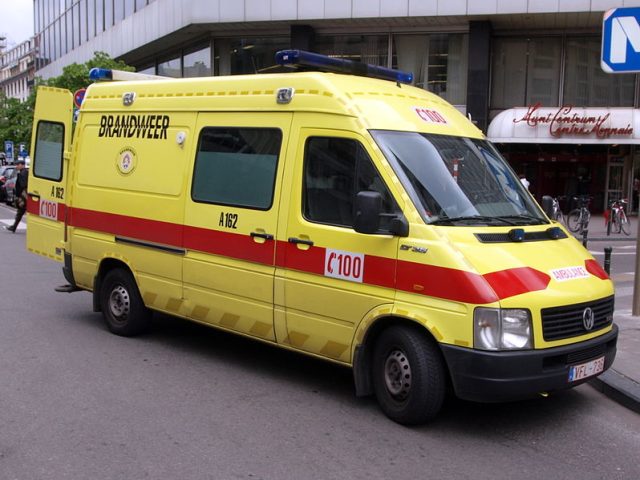Opinion: Safer speed limits – why France is taking the right road
By Antonio Avenoso, ETSC Executive Director
Article 4 of the 1789 French Declaration of the Rights of Man and of The Citizen states: “Liberty consists of doing anything which does not harm others…”. These historic words seemed appropriate yesterday as the French government announced a number of measures to improve road safety including a reduction of the speed limit on unseparated rural roads from 90km/h to 80km/h. The move has sparked a sadly now predictable backlash on social media and from groups representing some drivers. But if France wants to seriously address the 3500 deaths that occur on its roads each year, tackling speed must be a top priority.
Driving a vehicle at an inappropriate speed is seen by some as a sign of liberty. But deaths caused by speed are the ultimate denial of liberty to others. Most speeders are never confronted by the families of victims. When they are, the results are moving, as this recent Belgian road safety campaign showed.
Driving at an inappropriate speed kills and injures thousands in France every year. The numbers dying on French roads have increased for the last three years. The country’s roads are considerably more lethal (54 deaths per million inhabitants) than those in neighbouring Spain (39), Germany (39) and the United Kingdom (29). Ten years ago, French roads were safer than those in Spain. No longer. Of course speed is not the only problem, and that is why the government also announced welcome new measures to tackle drink driving and distraction yesterday. But the importance of speed is absolutely central to road safety.
Some of the countries with the best safety records in Europe have lower speed limits on rural roads. Including Sweden at 70km/h with 27 deaths per million inhabitants. Norway (26), Switzerland (26), Denmark (37) and the Netherlands (37) all set the limit at 80km/h.
The science is crystal clear: the likelihood of collision, and the severity of injury, increases exponentially as speed increases. Scientific analysis of legal changes to speed limits has repeatedly showed that, when speed decreases, deaths and injuries also decrease. When speed goes up, the reverse is true. Ongoing research for the OECD by an international group of experts looked at speed limit changes and/or the introduction of enforcement camera systems in Hungary, Sweden, France and Italy. The conclusions were consistent: when speed goes down, deaths and injuries go down too.
The French government’s proposed change is the right one. Deaths on undivided roads represent more than half of all deaths in France. Tackling inappropriate speed on these roads is a smart measure. The neighbouring region of Flanders in Belgium recently reduced its equivalent limit from 90km/h to 70km/h and a majority support the measure.
The political problem for the French government is easy to explain but hard to solve. On an individual level speeding does not appear risky as the chance of a collision is still relatively small. But on a societal level, the benefits of reducing deaths are very substantial, both in human terms, and from an economic point of view: a single road death impacts the lives of many people.
Wisely, the official communications around yesterday’s announcement showed that the individual impact of the change from 90 to 80 km/h is in any case marginal. Drivers will only take 2 minutes longer to get to their destination on a typical 25km journey by driving at 80km/h rather than 90. Another positive argument in favour of the change is that a typical driver can save EUR 120 per year by driving at the reduced limit, while emissions also go down by 30% according to official estimates.
However, it remains to be seen if these messages break through. Social media, which in France yesterday saw an explosion of anger against the new measures, amplifies individual feelings, spreads fake or misleading information and, in the present political climate, can lead to a reversal of policy. That would be a mistake with a cost counted in lives, not ‘likes’.
#SauvonsPlusDeVies
?Rouler vite, un mauvais calcul : le temps de trajet est peu impacté par l’abaissement de la vitesse maximale autorisée de 90 à 80km/h. pic.twitter.com/wA8JkXpOFz— Gouvernement (@gouvernementFR) January 9, 2018








